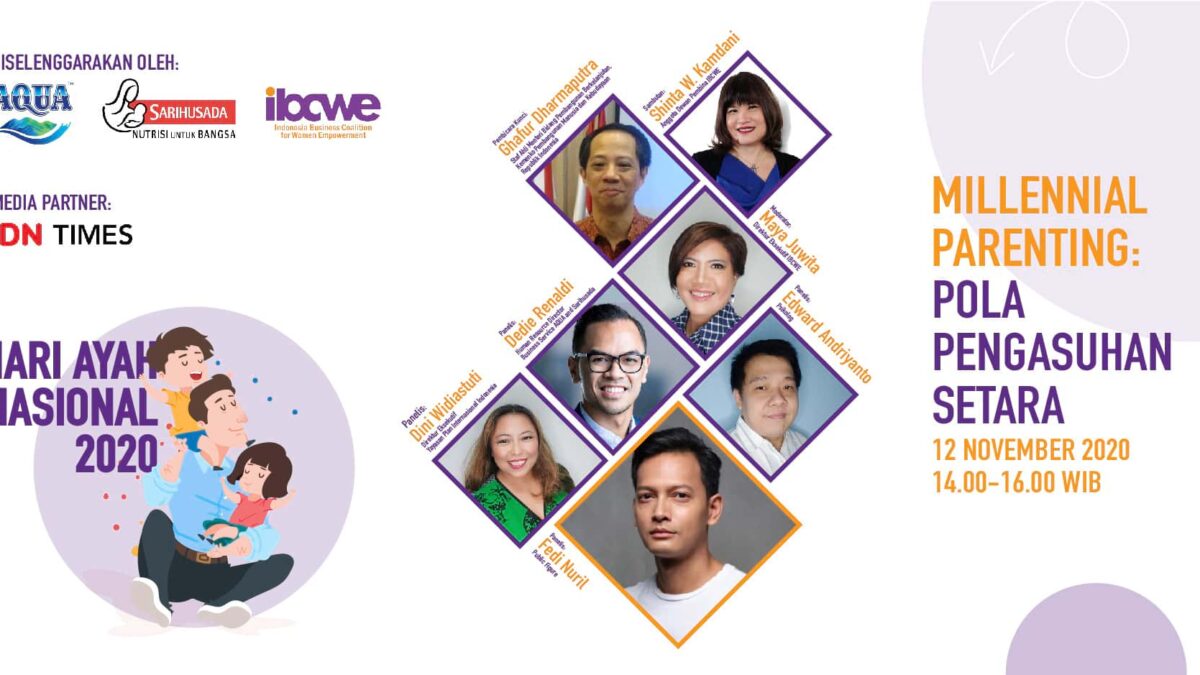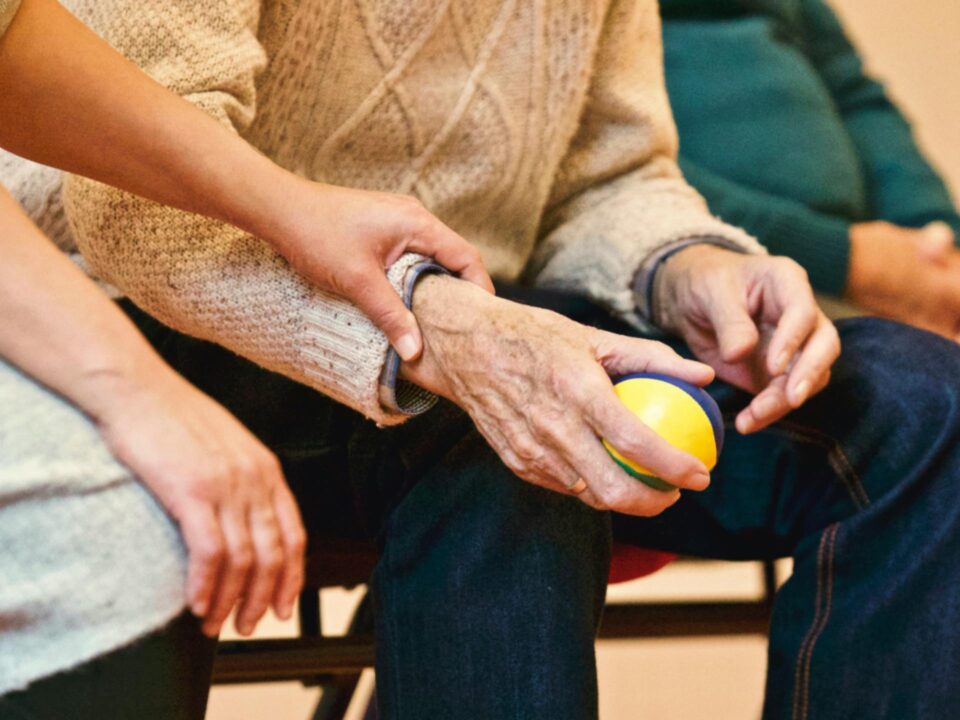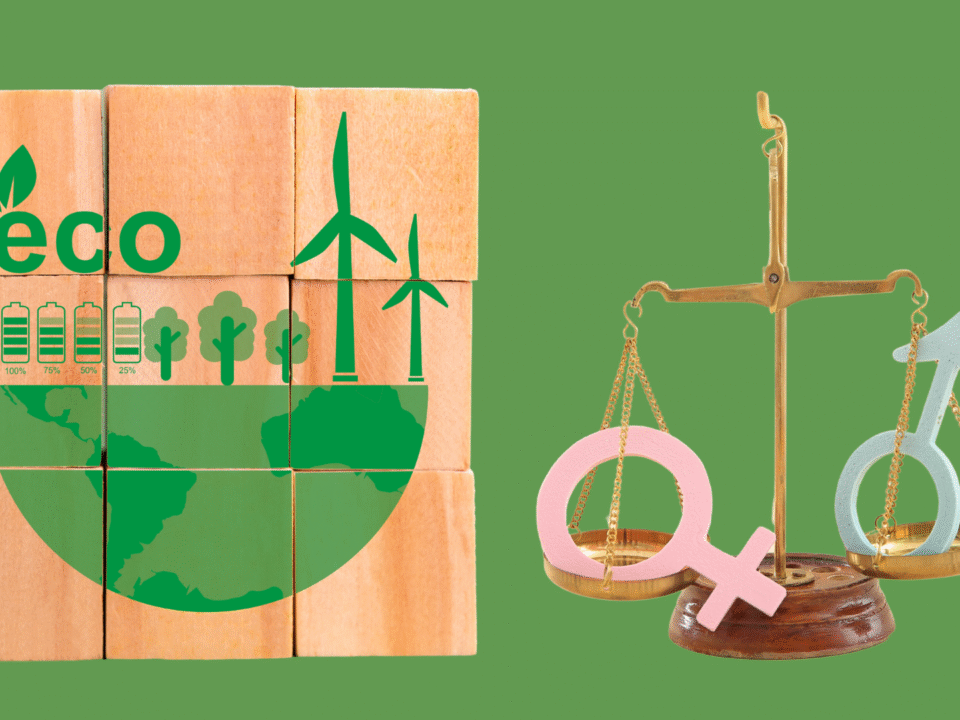
Economic Sustainability Pathway; Indonesia Women in the Workforce
December 24, 2023
Women’s Contributions Have a Significant Effect on the Company
December 24, 2023Parents apply gender bias to children from an early age. Starting from choosing the colour of clothes, where girls have to wear pink and boys have to wear blue, to choosing toys, where girls are given dolls, houses, cooking utensils, while boys are given balls, toys, and robots.
Of course, the right parenting is very important for the personal development of each child. If children are restricted from an early age, they will not reach their maximum potential.
The understanding of the term gender neutral parenting is still a polemic in society. In fact, the neutral intention here is to avoid gender norms that apply in general, not to erase sex differences.
So, gender neutral parenting is when parents raise their children without imposing pre-existing gender norms. Gender neutral parenting allows children to express themselves more freely and choose the things they like.
Based on the Journal of Obsession; Journal of Early Childhood Education in 2020 concerning “Gender Bias in Parenting Parents in Early Childhood”, there is a gender bias in the care of early childhood, that is 65.31%. Then the results of further analysis that there are differences in the level of gender bias in parenting are permissive parenting 29.61%, democratic parenting 22.01% and authoritarian parenting 55.14%.
Authoritarian parenting is a form of treatment applied by parents to children in order to shape the child’s personality by setting absolute standards that must be obeyed, usually accompanied by threats.
Patriarchal values are marked in the form of inheriting clan or family names to boys, as in some Indonesia tribes. So that indirectly makes the value of girls under boys. These values are rooted in society and affect various aspects of life. It is possible that it will lead to discrimination against one gender.
The impact of this parenting affects both girls and boys. Girls will get stereotypes that compartmentalize their behaviour and their future. Based on the tirto.id experiment, several women answered, “Highly educated women find it difficult to get husbands; The smoking woman is a bad girl; Women don’t have to go to high school, later they will also become wives; Women that come home late are two penny; Housewives are better than pursuing a career; Religiously repressed women wearing headscarves.”
As for the impact on men represented by the New Men’s Alliance (ALB), “We also recognize that privileges given to men must be “paid” dearly. So many demands have been placed on us to be recognized as men finally become a burden that must be fulfilled in life. ”
IBCWE views gender neutral parenting as very important for parents to apply in order to encourage children to explore all the interests, careers, and hobbies that they want. “Women’s participation in STEM (Science, Technology, Engineering, and Mathematics) is very small compared to men, and one of the causes is from gender norms embedded in Indonesian society since childhood,” said Maya Juwita, Executive Director of IBCWE.
In fact, according to the UN Convention on the Rights of the Child, every child has the right to get their rights regardless of their background, including gender. These rights include the right to express and express opinions, to receive protection, to learn and play, the right to develop to reach its maximum potential.
Gender inequality in parenting can have an impact on the inequality of children getting their rights, this means neglecting children’s rights to develop optimally according to their potential.
As parents, it is best not to set gender stereotypes as toys for boys and girls, as it can affect children in their psychological and physical development. Let the child play with a variety of toys, as well as not differentiating by blue or pink.
To get complete information about equal parenting, IBCWE held an event entitled “Millennial Parenting: Equal Parenting Patterns” right on the National Father’s Day celebration on 12 November 2020, 14.00 – 16.00 WIB, through Zoom Webinar.
This discussion will also be attended by Mr. Ghafur Dharmaputra, Expert Staff to the Minister for Sustainable Development, Coordinating Ministry for Human Development and Culture of the Republic of Indonesia.
In addition, there were also Mrs. Shinta Kamdani as a member of the IBCWE member of the supervisory board, Mrs. Dini Widiastuti, Executive Director of the Plan International Indonesia Foundation, Mr. Dedie Renaldi HR Director – Business Service AQUA and Sarihusada, Mr. Edward Andriyanto as a psychologist and last but not least a public figure, Fedi Nuril who will share her parenting experiences.
For registration, click here.





